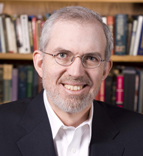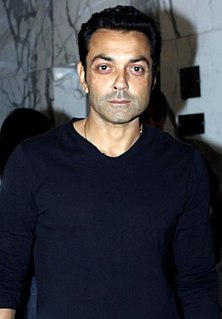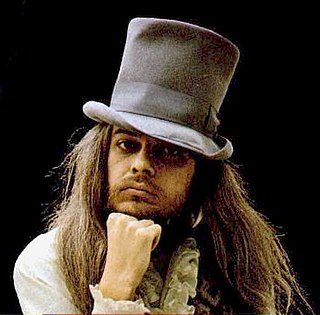A Quote by Nicole Krauss
For me, the most powerful way to write about something is through the absence of it. Rather than writing about what it was to become a new mother, I wrote, for example, a father facing death and addressing his estranged son about the regrets of his relationship.
Related Quotes
That’s the way it is with our Father in Heaven. When you became a son or a daughter, when you were adopted into His family, He opened up for you through His Son’s death on the cross a way of fellowship and relationship that makes it possible for you to bypass the temple and its animal sacrifices. You don’t have to talk to God through a priest. You can go right into the presence of God Almighty and He will hear you.
On occasion I have observed parents shopping to clothe a son about to enter missionary service. The new suits are fitted, the new shoes are laced, and shirts, socks, and ties are bought in quantity. I met one father who said to me, 'Brother Monson, I want you to meet my son.' Pride popped his buttons; the cost of the clothing emptied his wallet; love filled his heart. Tears filled my eyes when I noticed that his [the father's] suit was old, his shoes well worn; but he felt no deprivation. The glow on his face was a memory to cherish.
Most of us would agree that the important thing about Jesus is not his supposed miraculous birth or the claim that he was resurrected from death, but rather how he lived. The power of his love, the penetrating simplicity of his teachings, and the force of his example of service on behalf of the disenfranchised and downtrodden are what is crucial.
This sutura gives example about the purpose of relationship. A son of enemy who wants to uproot his own father, should be treated as friend and shold be protected. This may be called opportunism but is and should be necessary part of polity and statesmanship. Moreover, if a father is not aan upright man to have friendship with his sone can be a meritorious peson. So it is better to protecdt him.
My father is my biggest literary influence. Recently, I've been looking through his letters. He was in the National Guard when I was a child, and whenever he left, he would write to me. He wrote letters to me all through college, and we still correspond. His letters, and my mother's, are one of my life's treasures.
I took to writing as my medicine to help me stay afloat in acting career journey. I wrote about me breaking hearts, and my heart being broken. I wrote about my views whether they were liberal or conservative. I wrote about everything. I wrote about my life. When I did not have paper coming in as green backs, I'd use random pieces of paper for stories. It was like, I got no money, but I have paper to write. So I wrote.
Rattigan's world demanded unwavering trust in principles, loyalty, and virtue. At the time of this play - Rattigan was writing this play in 1947 about an incident that took place in 1914 - should a boy say he didn't do something, his father would believe him; a British father would take the defense of his son's honor to his grave.
The only reason we write - well, the only reason why I write; maybe I shouldn't generalize - is so that I can find out something about myself. Writers have this narcissistic obsession about how we got to be who we are. I have to understand my ancestors - my father, his mother and her mother - to understand who I am. It all leads back to the narcissistic pleasure of discovering yourself.







































